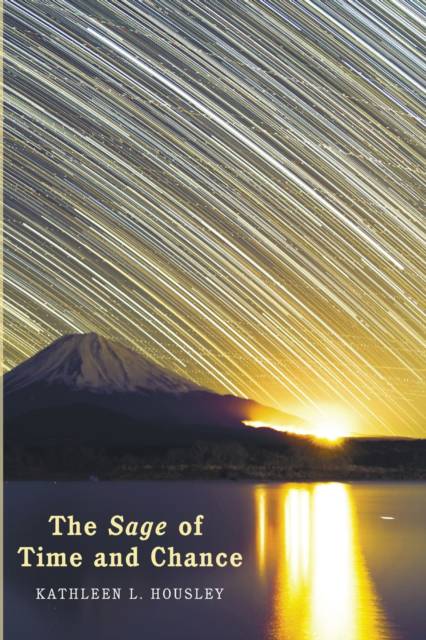
Je cadeautjes zeker op tijd in huis hebben voor de feestdagen? Kom langs in onze winkels en vind het perfecte geschenk!
- Afhalen na 1 uur in een winkel met voorraad
- Gratis thuislevering in België vanaf € 30
- Ruim aanbod met 7 miljoen producten
Je cadeautjes zeker op tijd in huis hebben voor de feestdagen? Kom langs in onze winkels en vind het perfecte geschenk!
- Afhalen na 1 uur in een winkel met voorraad
- Gratis thuislevering in België vanaf € 30
- Ruim aanbod met 7 miljoen producten
Zoeken
Omschrijving
The Sage of Time and Chance is a work of fiction based on Ecclesiastes, the most skeptical book in the Bible. Ecclesiastes was written by a Hebrew sage called Koheleth who had the courage to wonder whether human beings were different from animals, and why the mind was limited in its ability to comprehend life. In The Sage of Time and Chance, Koheleth summons translators from all the corners of the Earth to review his provocative manuscript before he dies. The story is set in Jerusalem in the third century BCE, a peaceful period rich in cultural exchange and scholarship. Among the translators who come to the council are a monk from India, a Scythian warrior, and a shaman. Bitter rivalries and misunderstandings make reaching consensus difficult and dangerous. So also does the presence of actual translators of Ecclesiastes from the future, including Jerome (Latin) and Saadia ben Yosef (Arabic). The most unusual translator is a silent child who understands more than all the others what it means to be human--the essential question that drives Koheleth. Led by the child, Koheleth navigates around the pitfalls of cynicism and finds his way back to joy.
Specificaties
Betrokkenen
- Auteur(s):
- Uitgeverij:
Inhoud
- Aantal bladzijden:
- 138
- Taal:
- Engels
Eigenschappen
- Productcode (EAN):
- 9781498201780
- Verschijningsdatum:
- 12/01/2015
- Uitvoering:
- Paperback
- Formaat:
- Trade paperback (VS)
- Afmetingen:
- 152 mm x 229 mm
- Gewicht:
- 195 g

Alleen bij Standaard Boekhandel
+ 58 punten op je klantenkaart van Standaard Boekhandel
Beoordelingen
We publiceren alleen reviews die voldoen aan de voorwaarden voor reviews. Bekijk onze voorwaarden voor reviews.









